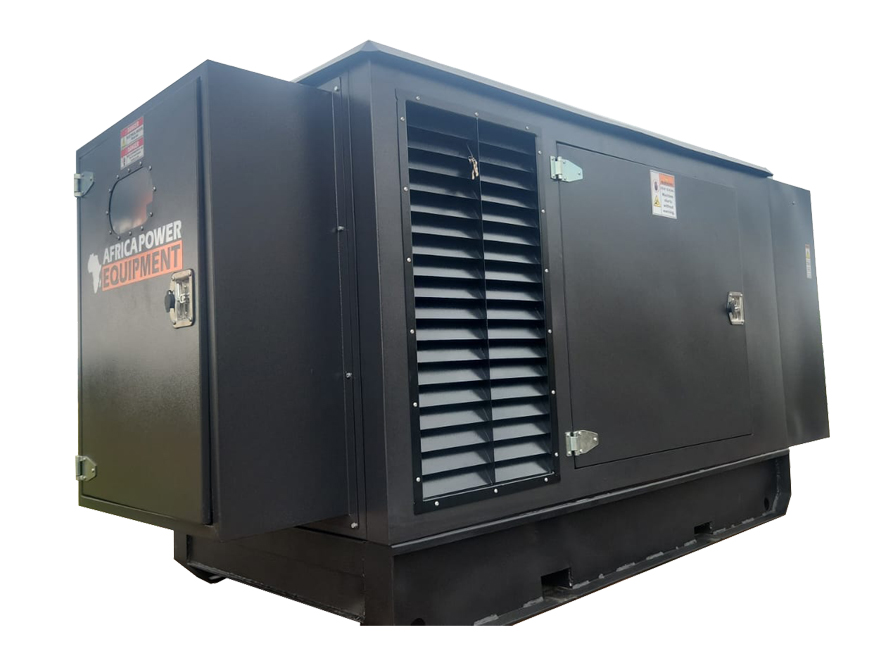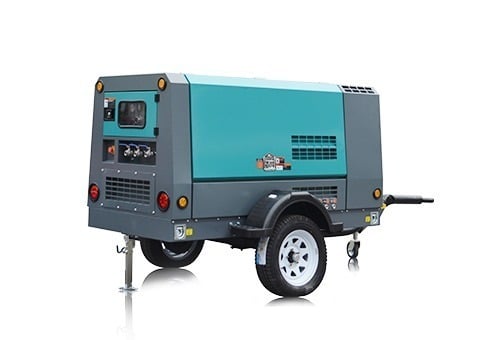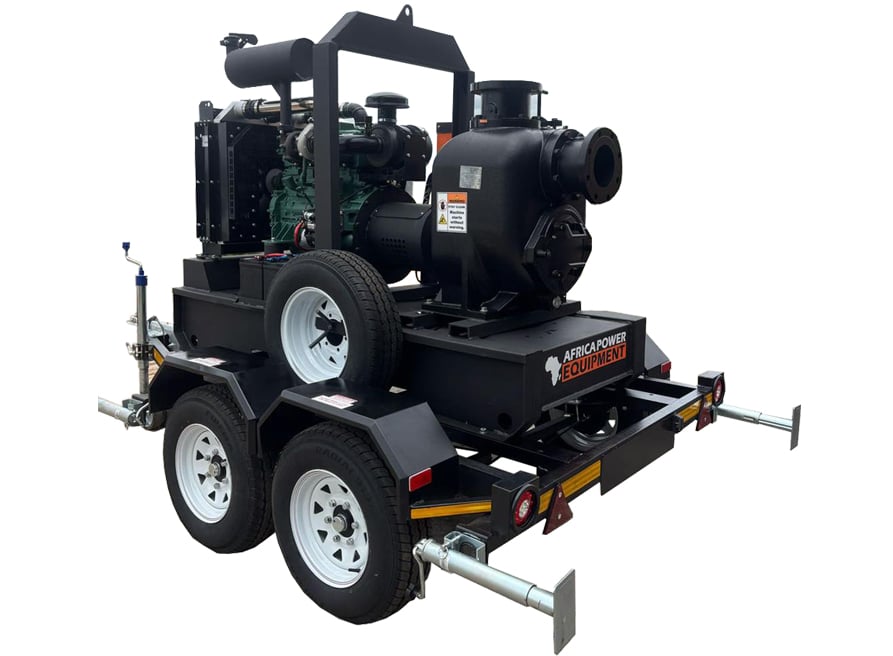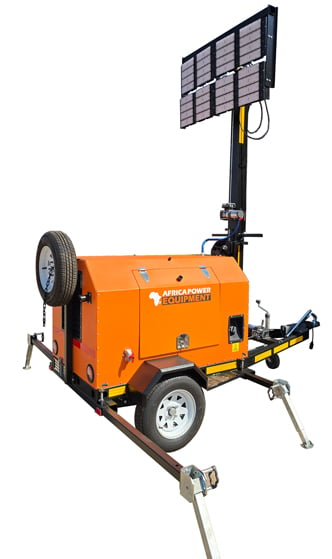Can Solar Power Be Used for Borehole or Water Pumps in South Africa?
Water pumping — whether for boreholes, irrigation, or household supply — is vital for many South African homes, farms, and businesses. With increasing electricity costs and unreliable grid access, many are turning to solar-powered water pumps as an efficient, off-grid solution.
But how well does solar really work for powering water pumps?
In this article, we explore whether solar power is practical and cost-effective for borehole and water pump applications in South Africa, and what you need to make it work.
☀️ Why Use Solar for Water Pumps?
Solar power is increasingly popular for water pumping due to these key benefits:
-
Zero electricity cost
-
Independence from Eskom or municipal supply
-
Low maintenance
-
Scalable solutions for homes, farms, and communities
-
Ideal for remote or off-grid areas
💧 What Types of Water Pumps Can Run on Solar?
-
Borehole Pumps
-
Typically submersible and used to extract water from deep underground.
-
Ideal for solar power with a properly sized system.
-
-
Surface Pumps
-
Used for shallow water sources like rivers or tanks.
-
Often used in irrigation or domestic pressure boosting.
-
-
Centrifugal and Booster Pumps
-
Common in home water pressure systems.
-
Can also be adapted to solar, especially for daytime use.
-
-
Irrigation Pumps
-
Used on farms for crop watering.
-
Larger solar arrays may be needed for high flow or pressure.
-
⚙️ How Solar-Powered Pumping Works
A typical solar water pumping system includes:
-
Solar panels: Generate electricity to power the pump
-
Pump controller (MPPT): Matches power from the panels to the pump load
-
Pump: Usually a DC or AC submersible or surface pump
-
Optional battery storage: For night-time or cloudy-day operation
-
Water tank: Stores pumped water to allow for intermittent operation
💡 In many cases, battery storage isn’t needed — water is stored in tanks during the day, then used as needed.
📏 How to Size a Solar Pump System
To correctly size your system, consider:
| Factor | Description |
|---|---|
| Water volume needed | Litres per day (L/day) |
| Pump depth | Especially important for boreholes (measured in meters) |
| Vertical head | Total lift required, including elevation and friction losses |
| Pump type and efficiency | DC solar pumps are most efficient |
| Sunlight hours | Average solar radiation per day (5.5–6 kWh/m² in most of SA) |
🚿 Example: A typical small farm may require a 1.5–2.2kW solar array to pump 10,000–15,000 litres/day from 40m deep.
🔋 Solar with or Without Batteries?
-
Without Batteries: Ideal for irrigation or tank filling during the day. Cheaper and simpler.
-
With Batteries: Needed for pressurised household water use (like showers or taps at night).
⚠️ Pumps with batteries cost more but offer 24/7 operation.
🔌 AC vs DC Solar Pumps
| Feature | DC Pump | AC Pump |
|---|---|---|
| Efficiency | Higher | Medium |
| Complexity | Lower (often plug-and-play) | Higher (needs inverter) |
| Cost | Slightly higher per unit | Often cheaper upfront |
| Best for | Remote or off-grid | Hybrid/grid-tied systems |
🛠 Installation Considerations
-
Water source depth: Deeper boreholes need more power
-
Pump controller compatibility: Match pump voltage and power
-
Panel orientation: Tilt and face solar panels correctly (north in SA)
-
Wiring and protection: Use proper fuses and DC isolators
-
Maintenance access: Place panels and controller in accessible locations
✅ Is Solar Pumping Legal and Supported in South Africa?
Yes — solar pumping is allowed and widely used. Some water-related regulations may apply:
-
Borehole permits: Required in some municipalities
-
Water usage registration: For commercial or agricultural use
-
Electrical CoC: Required if the system is part of a hybrid setup with grid-tied solar
💰 Cost of Solar Water Pumping Systems
| System Type | Approximate Cost (ZAR) |
|---|---|
| Small home booster system | R10,000 – R25,000 |
| Borehole pump with solar (DC) | R20,000 – R50,000 |
| Large irrigation pump system | R60,000 – R200,000+ |
Costs depend on pump depth, daily volume, and whether batteries are included.
🌍 Best Use Cases for Solar Pumping in SA
-
Rural homes with boreholes
-
Farms needing daily irrigation
-
Remote lodges or schools
-
Game reserves and community water access projects
-
Water tank filling for livestock or crops
🔗 Related Articles
⚠️ Final Thoughts
Yes — solar power is absolutely viable for powering borehole and water pumps in South Africa. It’s cost-effective, eco-friendly, and ideal for off-grid or unreliable grid conditions. Whether you’re a smallholder farmer, a game lodge owner, or a homeowner with a borehole, solar water pumping offers a reliable solution.
Need help choosing the right solar pump system? Contact our team — we’ll help you size and install the perfect setup for your water needs.





